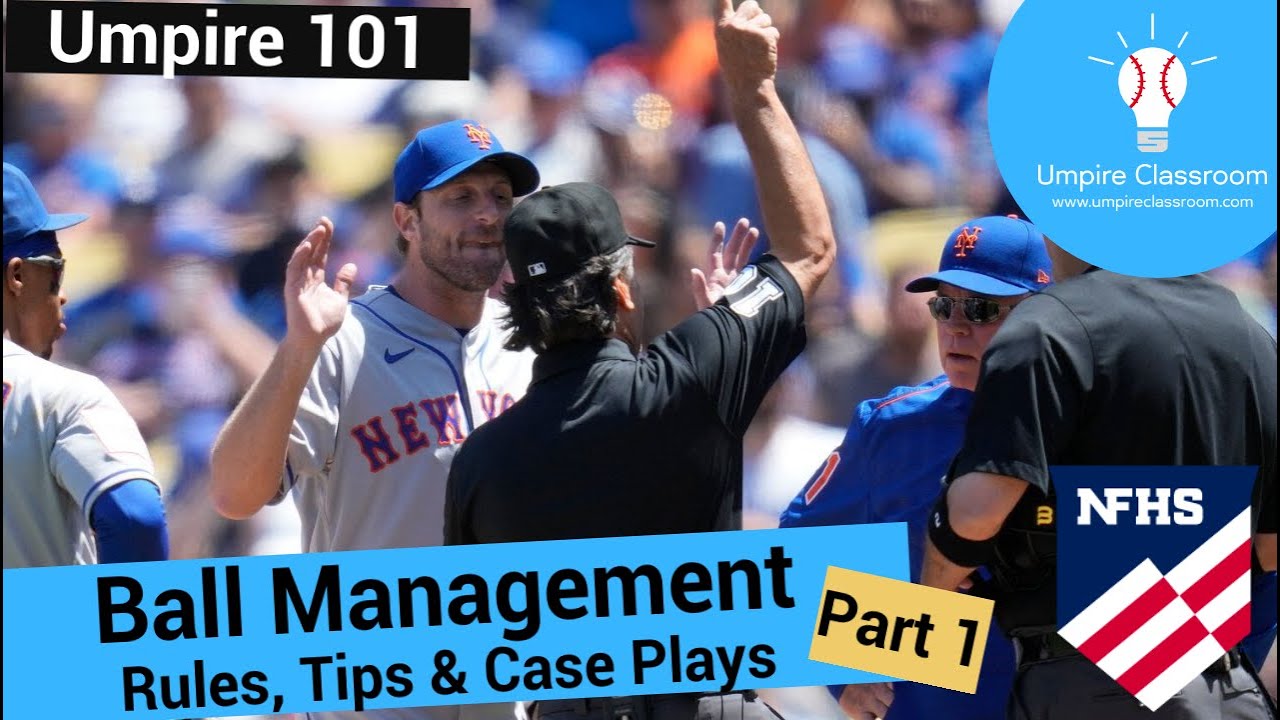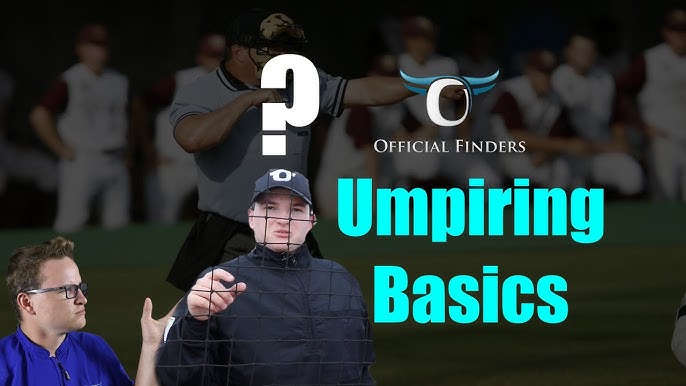Okay, so, I’ve been wanting to get into umpiring for a while now. I mean, who doesn’t love baseball, right? And getting paid to be on the field? Sounds like a dream. So, I started digging around, trying to figure out how to make this happen. Turns out, it’s not just about knowing the rules of the game – there’s a whole process to becoming an umpire.
First off, I found out that there are these umpire schools. Yep, actual schools where you go to learn how to be an umpire. They’re not like regular schools, though. These are more like intensive courses that last for about a month, give or take. They cover everything – the rules, the mechanics, how to handle different situations, the whole nine yards. I didn’t even need any special education or experience to join one of these programs which is great!

I thought, “Alright, I can do this.” I signed up for one of the courses and let me tell you, it was intense. Long days, lots of information to take in, and plenty of practice on the field. It wasn’t easy, but it was definitely worth it.
But even before I got to that point, I knew I had to start somewhere, right? So, I reached out to my local baseball league. I figured the best way to learn was by doing, and what better place to start than with kids’ games? They usually need umpires, and it’s a good way to get your feet wet.
I started with the younger kids, like nine- and ten-year-olds. It was a bit nerve-wracking at first, standing behind the plate, trying to remember all the rules. But I quickly learned that the key is to stay calm, be confident, and just focus on the game.
- Start with the basics: I spent hours reading the rulebook. Sounds boring, I know, but it’s crucial. You gotta know the rules inside and out. And it’s not just about memorizing them, but understanding why they’re there.
- Practice, practice, practice: I took every opportunity to umpire games. The more I did it, the more comfortable I became.
- Learn from others: I watched other umpires, especially the experienced ones. I paid attention to how they positioned themselves, how they made calls, and how they handled different situations.
- Don’t be afraid to make mistakes: I messed up a few times, sure. But every mistake was a learning opportunity. I think that if I waited a little longer to make a call, that would be better.
- Stay humble: Even when I thought I knew it all, I reminded myself that there’s always more to learn.
It’s a tough job, no doubt. You’re under a lot of pressure, and sometimes you gotta make tough calls that not everyone’s gonna agree with. But I learned that as long as you’re fair, consistent, and you know the rules, you’ll earn the respect of the players and coaches. I tried to avoid using the word “you”, and focused on talking about the call instead.
I’m still learning, still growing. But I’m proud of how far I’ve come. I even got to a point where people started recognizing me as one of the best umpires in my town’s league, which felt pretty awesome, not gonna lie. I’m not “book smart” but this was something I really wanted to do. And hey, I even got interviewed about my experience, just like that Major League umpire, Dan Bellino. They talked about online training courses, which I might look into to keep improving.
So, that’s my journey to becoming an umpire. It’s been a wild ride, but I wouldn’t trade it for anything. If you’re thinking about getting into umpiring, my advice is to go for it. It’s challenging, it’s rewarding, and it’s a whole lot of fun.


















